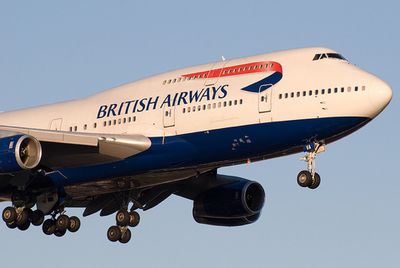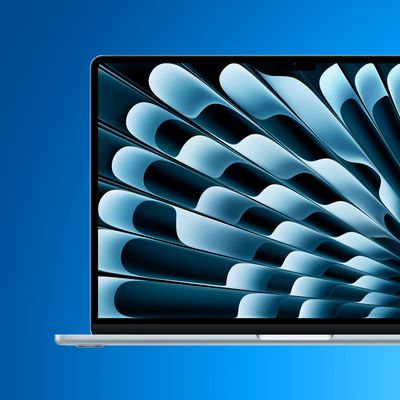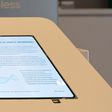Earlier this week, it was reported that Delta Air Lines was testing iPads to improve real-time communications with flight crews. Now, British Airways is giving iPads to cabin crews to improve customer service in the air.

The iPad lets crew quickly identify where each customer is seated, who they are travelling with, their Executive Club status and any special meal requests. It gives cabin crew a whole library of information at their fingertips including timetables, safety manuals and customer service updates. It also means any issues can be logged with ground-based colleagues around the network prior to departure so solutions can be delivered while the flight is airborne.
When all the passengers have boarded and just before the doors are shut, cabin crew are currently handed a long scroll of paper, listing up to 337 customers. With the new iPads cabin crew will simply refresh their screen when the doors have closed through wireless 3G networks and they will have a complete list of passengers on board.
BA is testing the iPad with 100 cabin crew and aims to roll out the program to all senior crew members in the next few months.
(Photo by Flickr/BriYYZ)
























Top Rated Comments
This x1000.
I disagree. The food in first class (and the service) is great ;)
I hope the iPad works out for BA's attendants.
i may be only one but i love airplane food.
The last thing I want on a plane is to be sitting next to some idiot who won't stop talking on the phone. Phones use should be banned, period.
Data use is ok though.
There are plenty of empirical reasons to believe that phones interfere with systems. Pilots over the years have reported everything from noise in their headphones (think GSM buzz times dozens of phones) to autopilots kicking off when a first class passenger turned on her phone just before landing (yes, they took it from her).
Just a month or two ago, Boeing was trying to certify an in-plane WiFi system for one of their 737 models, and discovered that the primary cockpit display panels installed in that model would go blank if the WiFi power went too high. That could be deadly. They're having the manufacturer add more shielding.
Aircraft makers simply cannot test all situations for interference. That's why it's better to be safe than sorry, and try to avoid unnecessary interference in the critical flight phases of takeoff and landing.